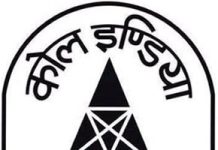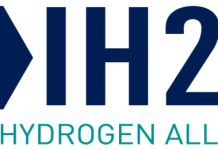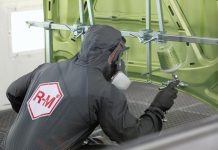 Condition monitoring of reactors, pressure vessels, columns, dryers, process pipeline etc. Operating at elevated temperatures has always been a challenge in industrial inspection. In majority cases in-services inspection is given a red signal and hence shutting down the specific equipment remains the only solution.
Condition monitoring of reactors, pressure vessels, columns, dryers, process pipeline etc. Operating at elevated temperatures has always been a challenge in industrial inspection. In majority cases in-services inspection is given a red signal and hence shutting down the specific equipment remains the only solution.
Typical challenges during in-service Inspection above 120°C temperatures:
- Conventional thickness gauging probes cannot withstand higher temperatures and gradually fails
- High temperature couplant leads to quenching and cracking of particular area where it is applied
- On various occasions the couplant dries before inspection is in process
- Surface preparation is a tough or impossible task
- Human safety and approach is difficult when temperature tend to rise above 120°C
What if we get you the accurate thickness gauging report without a shutdown?
Yes this is absolutely possible with EMAT (Electro Magnetic Acoustic Transducer) based inspection.
 EMAT Technology
EMAT Technology
EMAT Technology is an ultrasonic testing method that differs from the traditional piezoelectric transducers in the way the sound is generated. An EMAT consists of a magnet and a coil of wire & relies on electromagnetic acoustic interaction for elastic wave generation. Using Lorentz forces & magnetostriction, the EMAT & the metal test surface interact & generate an acoustic wave within the material. The material being inspected is its own transducer, eliminating the need for liquid couplant.
Associated Codes and Standards:
- ASTM E1774-96 Standard Guide for Electromagnetic Acoustic Transducers (EMATs)
- ASTM E1816-96 Standard Practice for Ultrasonic Examinations Using Electromagnetic Acoustic Transducer (EMAT) Technology
- ASTM E1962-98 Standard Test Methods for Ultrasonic Surface Examinations Using Electromagnetic Acoustic Transducer (EMAT) Technology
 Swanand Hatimkar is an Engineer – Business Development in NDTS India Pvt. Ltd. He is a B.E- Mechanical from the University of Mumbai. He has an experience in varied fields of process engineering and allied industries.
Swanand Hatimkar is an Engineer – Business Development in NDTS India Pvt. Ltd. He is a B.E- Mechanical from the University of Mumbai. He has an experience in varied fields of process engineering and allied industries.
































